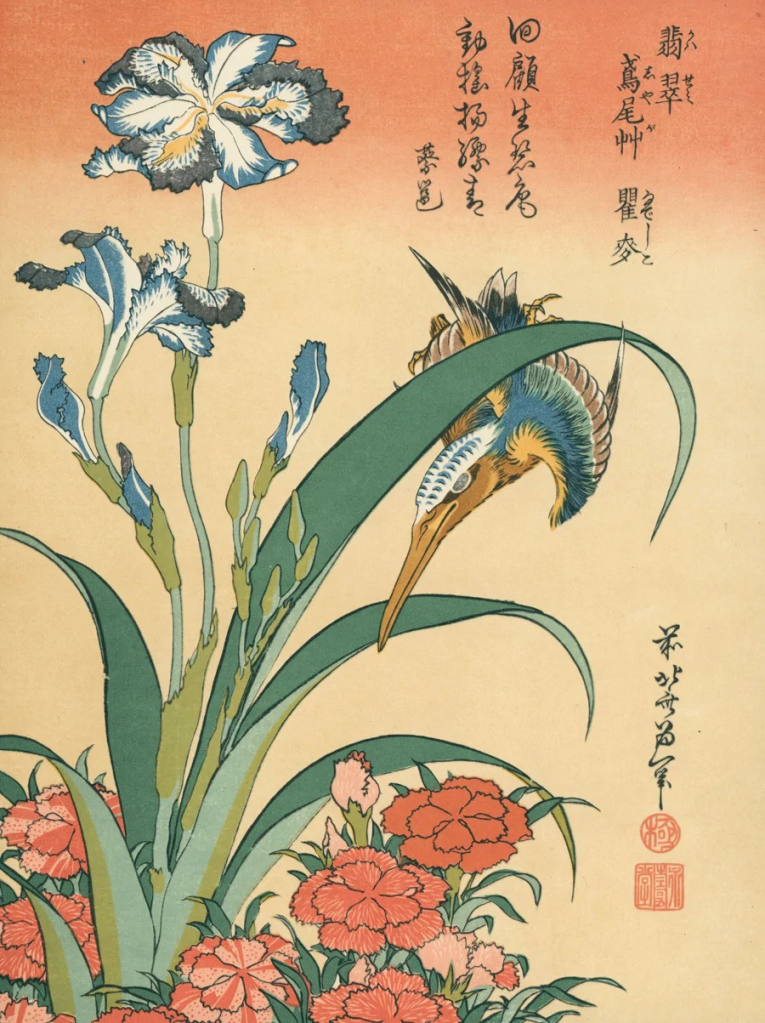
What occupation did you want to have when you were a child? As for me, I wanted to be a singer. My father got a cassette tape recorder that was a new gadget of novelty on the market back then, and he used to record my a cappella singing of popular songs of those days over and over. I also remember as one of my earliest memories that I won an amateur singing contest in a local festival by singing a children’s song a cappella. I thought I had a talent for singing, but now I suspect that I won not because I sang best there but because I was such a small child among all adult participants.
I heard a topic in a news show that the occupation which Japanese schoolboys of today want most is neither a baseball player nor a professional gamer but an office worker. To me, it seems like a work style rather than an occupation because the point is what kind of business they want to work at an office for. I guess that wanting to be an office worker in whatever business means there is nothing they want to do in the future other than making money.
Every time I see young people of the new generation, I find many of them are kind, gentle and have good manners. Until a few decades ago, Japan had had a male-dominated society where a woman steps aside to let a man walk straight in a narrow street. I have defied those unspoken rules all my life so that I have often almost bumped into a man before he flipped aside at the last moment. I used to see that occasion as a face-off with Japanese society. Nowadays however, even in an old rural town where I live, I have seen more young men let me go first, step aside or hold a door for me. On the other hand, they seem too benign and content. I don’t feel strong ambitions from them such as achieving something no matter what or aiming to live in a gorgeous mansion someday. They look satisfied enough by sharing their photos of new sweets at the cafe on SNS. Is a person like me, who list all the things of this and that I want to do, and literally rush about in a sweat everyday to complete everything on the list, an unsightly antediluvian? Should I instead take my time to gaze at artwork on the foam in my cafe latte cup, take a photo and put it up on SNS?
When I straightened up my room the other day, I found my old portable CD player that I hadn’t used for a long time. Inside, it held a CD of Pebbles who made a hit about 30 years ago. I used to listen to it whenever I walked to a gym because the songs’ arrangement was so superb that I could learn a lot for my music. I connected its tattered power cord and turned it on. To my surprise, the player was still alive and began to play the first track of Pebbles’s album. The moment I heard the sound, my past self returned all of a sudden.
In those days, I was an avid fan of Formula One World Champion, Ayrton Senna. I loved him so much that he had become the only motivation for me to be successful as a singer-songwriter. I made my songs and tried to get a deal with a major record company with all my effort because I had believed that would eventually lead to Senna. I blindly felt certain that I would meet him and marry him. Since I was possessed with the notion, it wasn’t about whether the day would come but when. For the day that should arrive, I made every preparation I could think of. That was why I was walking, swimming at the gym, and applying skin-care cosmetics. Since those preparation days for Senna were always accompanied by Pebbles’s songs, listening to them brought back my feelings of the past vividly.
My plan was abruptly smashed when Senna was killed by an accident during the race several years later. I remember debris of his crash looked like pieces of my dream on TV. I haven’t been able to watch any documentaries or movies about Senna to this date because it’s still too hard. Yet, my goal remained while my motivation died. I had to ask myself why I would keep going. The answer was simple; it was what I wanted to do. And now, although I don’t make a lot of money, I have become a singer-songwriter. From my experience, I can tell it’s possible to have the occupation that you want if you cling to hope. I think you will be able to spare yourself despair if you want nothing in the first place. But in exchange, you can’t get hope either. While disappointment may knock you down, the rapture you feel when even a small piece of your wish comes true, and sense of fullness you have when you strive for your goal, is wonderful beyond description.
Tears were running down my cheeks while I was listening to Pebbles’s album. It recalled to me how much hope my past self had. That hope was completely unfounded and groundless without any reasons, but I had doubtlessly believed it would be fulfilled somehow. I had forgotten about that kind of my young past self once existed and I realized I didn’t appreciate how happy I was then. I knew I had so much hope for my age, but not that amount and certainty. I couldn’t help feeling envious of my past self filled with unrealistic hope who surely looked stupid. Thinking how privileged I was when I was young, I couldn’t stop crying.






![[2022 Hardcover, Paperback & Kindle] Kyoto / Hidemi Woods](https://88thplanet.files.wordpress.com/2021/12/kyoto.jpg)








